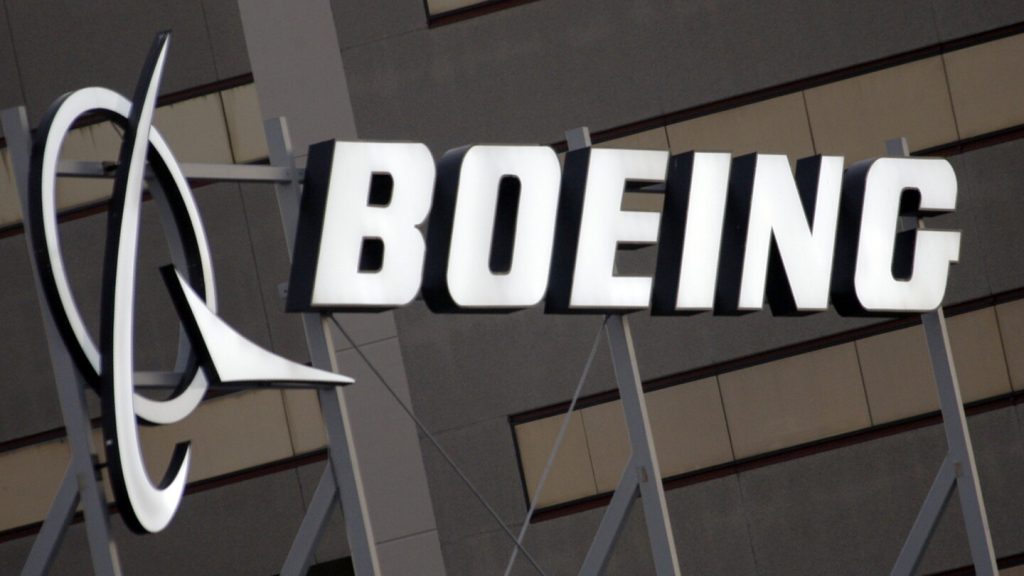NASA’s announcement that they will not use Boeing’s troubled capsule to return astronauts to Earth is another blow to the company’s reputation, following a series of setbacks including the 737 Max crashes. The decision to keep astronauts in space until February is due to safety concerns with the Starliner capsule’s propulsion system. Boeing had insisted the capsule was safe based on recent tests, but NASA administrator Bill Nelson prioritized safety in this instance.
While the space capsule program represents a small portion of Boeing’s revenue, carrying astronauts is a high-profile job that is crucial for the company’s image. Boeing has suffered financial losses exceeding $25 billion since the 737 Max crashes, with the defense and space division initially providing stability. However, recent stumbles in this division, including cost overruns on fixed-price contracts, have contributed to further financial strain for Boeing.
The fixed-price development programs for NASA and the Pentagon have caused Boeing significant losses, with the Starliner program alone accumulating over $1.5 billion in cost overruns. Despite these challenges, Boeing remains confident in its ability to regain footing with new leadership in place. The company believes that the impact of the Starliner issues on its business and finances will be limited, and it has recently secured some lucrative defense contracts.
New CEO Robert “Kelly” Ortberg, who previously led Rockwell Collins, has been tasked with turning around Boeing’s fortunes. Ortberg’s leadership style and experience in the aerospace industry are seen as positive changes for the company. Boeing’s defense division has secured major contracts for Apache helicopters, F-15 fighter jets, and surveillance planes, providing a glimmer of hope for profitability in the future. Overall, while Boeing has faced significant challenges in recent years, the company is optimistic about its ability to recover and move forward under new leadership.


